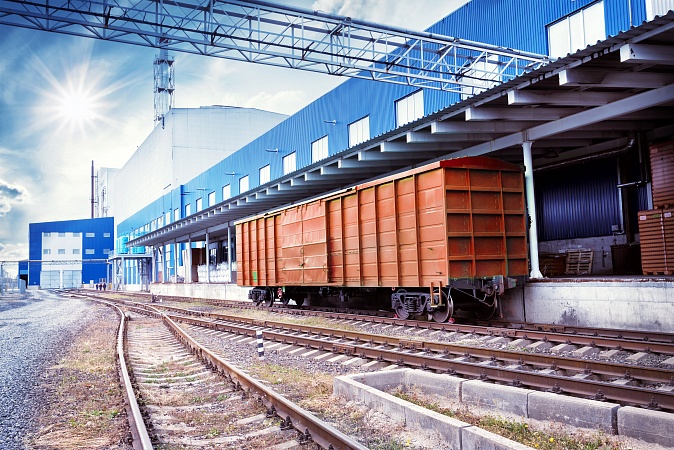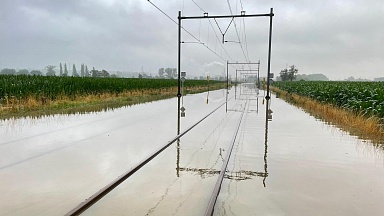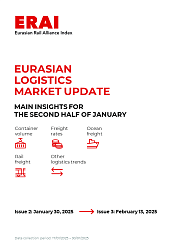Rail strikes are prolonging disruptions to intermodal services to and from Germany that have been at reduced capacity since last month’s exceptional floods in key parts of central Europe.
Container lines including Maersk and Hapag-Lloyd have this week both highlighted disruptions to intermodal operations continuing this week, although it is hoped that the strikes in Germany will end tomorrow.
A customer advisory yesterday from Maersk highlighted continuing disruption to intermodal services on the Germany-Czech corridor, noting that Deutsche Bahn freight trains to and from Germany «should have started operating as per standard schedule as of today», although a second strike by the Union of German Train Drivers this week was «affecting the overall situation on rail and causes further delays of trains. No trains are running in both directions at this moment.»
It noted that the strike was planned to end tomorrow, promising to update customers once the industrial action was over, although in the meantime it was maintaining some booking restrictions for intermodal traffic to and from Germany.
A customer advisory yesterday from Hapag-Lloyd highlighted similar concerns, noting that «according to the latest information, the strike measures will end on 25 August, but may be extended or restarted later depending on the agreement reached by the parties. We assume that the strike will bring restrictions to inland operation, especially railway infrastructure and equipment availability, which may also affect your cargo planning.»
Two weeks ago, Maersk highlighted that freight trains to and from Germany were operating at «very limited capacity and speed with unpredictable transit time», with a strike from 10 August by the Union of German Train Drivers affecting the overall situation on rail and causing further delays of trains.
This followed reports in late July that there was still limited capacity and significant delay on trains running to and from Germany following severe flooding in the region, leading to restrictions on bookings by container lines for intermodal movements to and from German ports.





